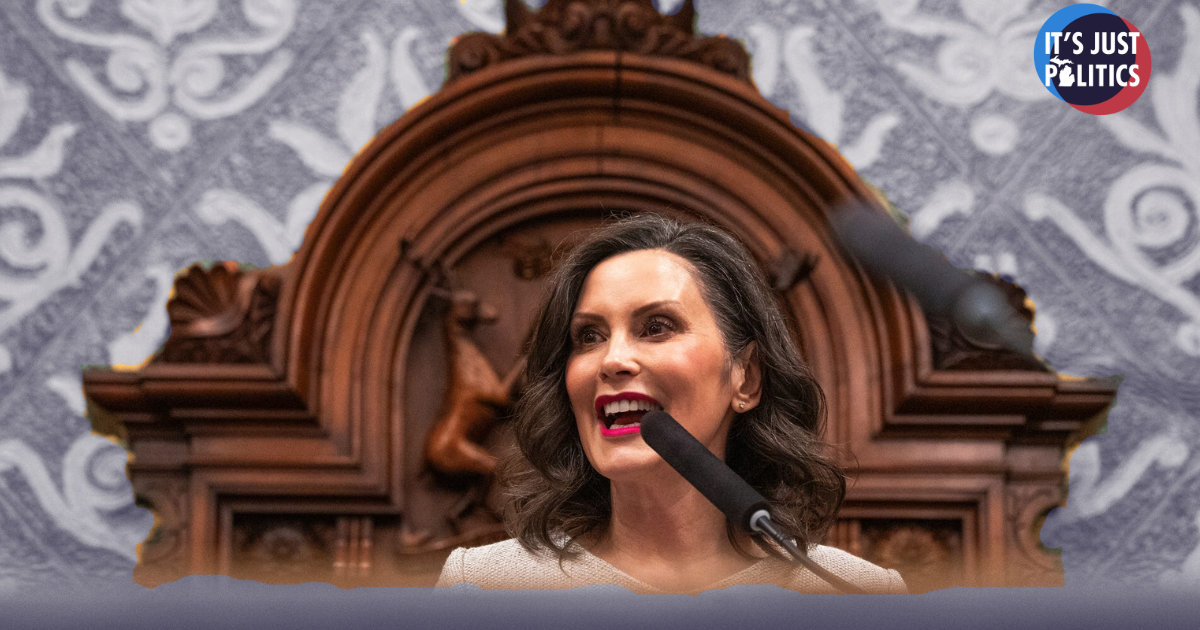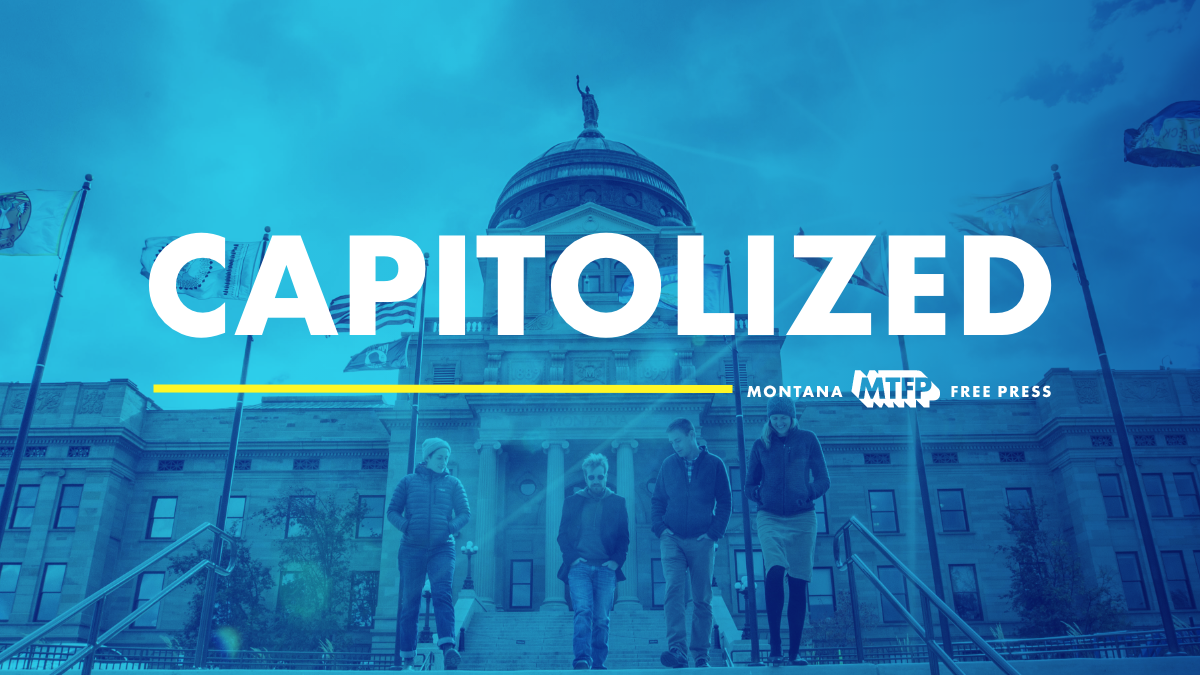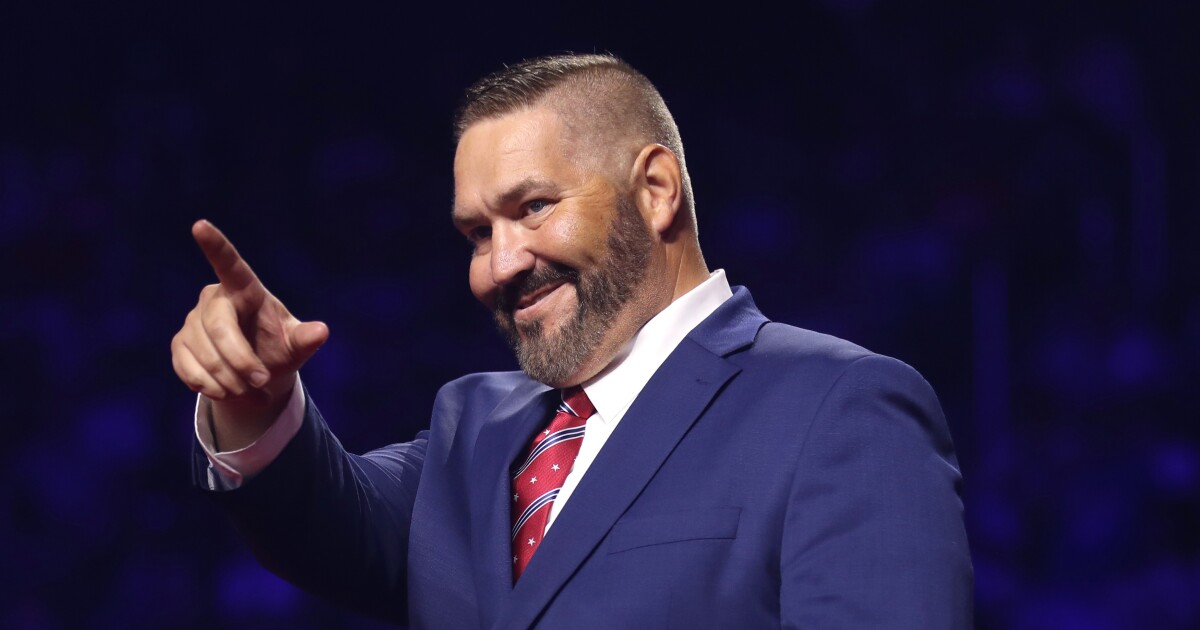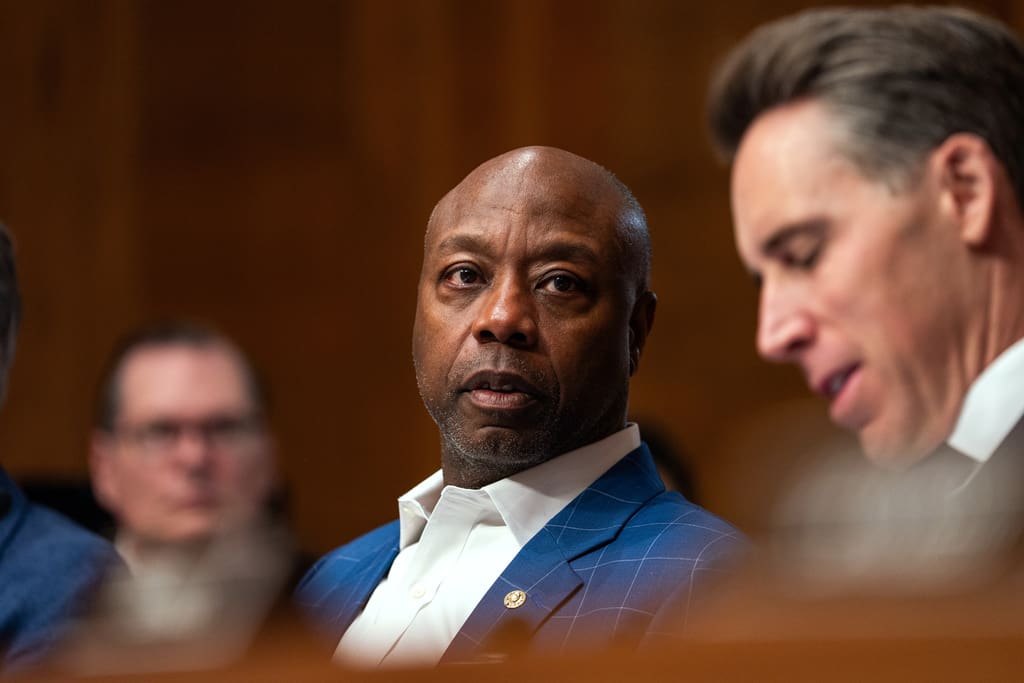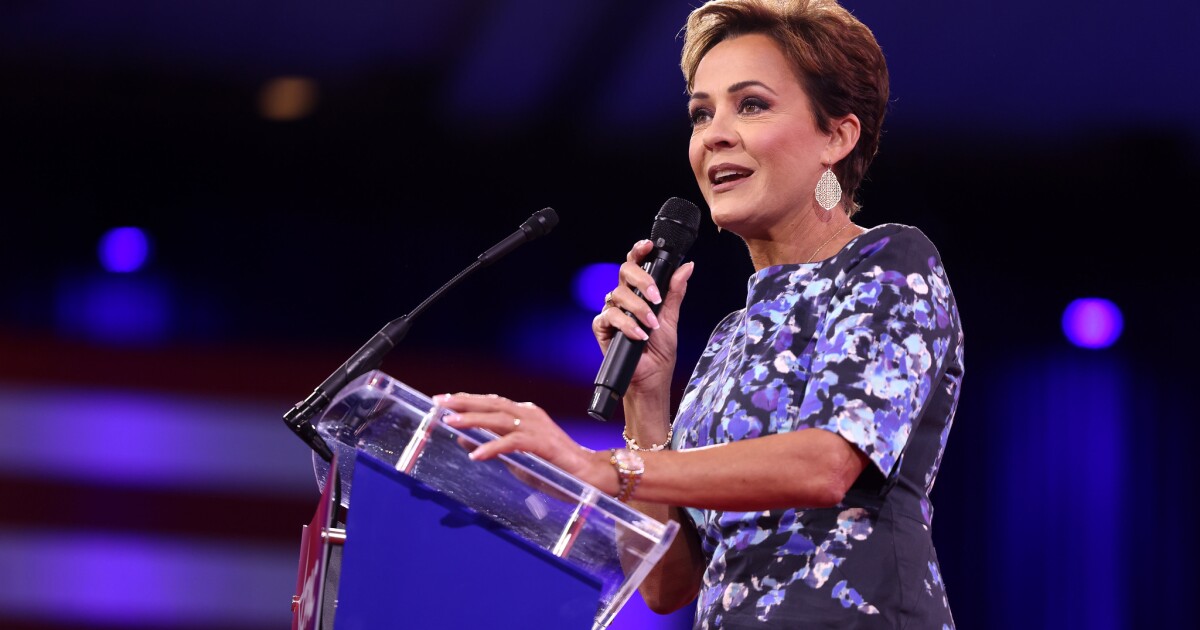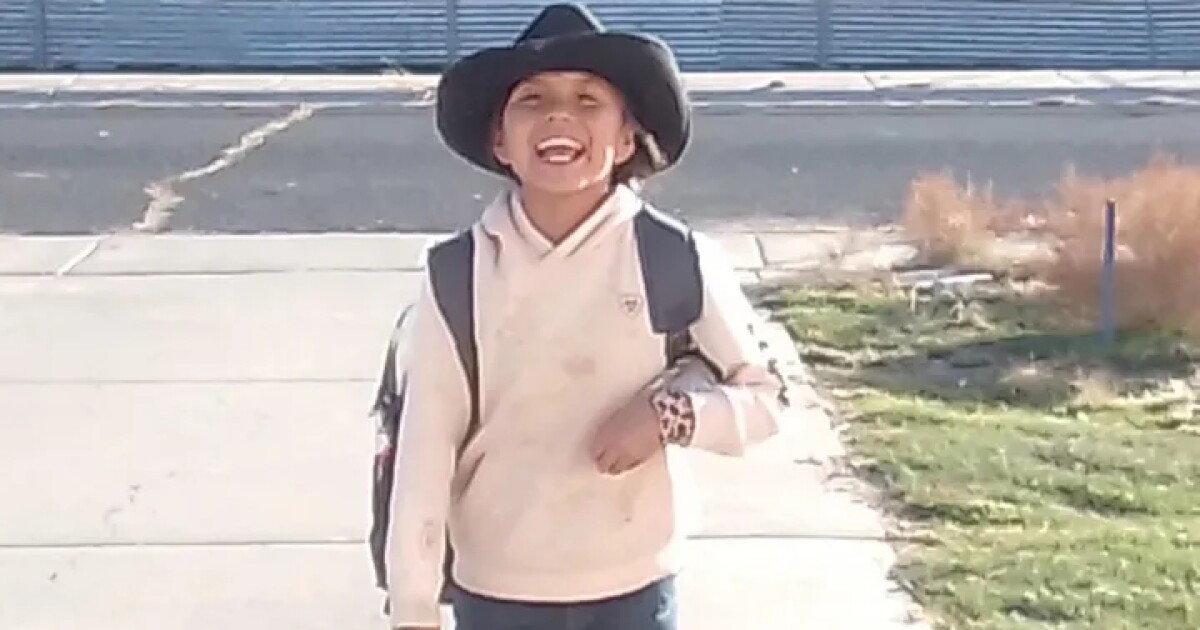Article Summary –
Megan Gherrity, a devoted prekindergarten teacher in Harrisburg, has historically juggled multiple jobs due to the low pay and lack of benefits in early childhood education, but her financial situation improved when her husband got a promotion, allowing her to focus solely on her passion for teaching. The child care sector in Pennsylvania faces a severe crisis due to low wages, with a 40% workforce reduction between 2019 and 2023 and about 3,000 unfilled positions, prompting Governor Josh Shapiro to propose $55 million in state funding to improve educators’ salaries and reduce job vacancies. Advocates support the governor’s proposal as a significant step toward addressing the funding gap and urge for continuous investment to stabilize and enhance the early childhood education system, which is critical for Pennsylvania’s economic development and workforce.
Megan Gherrity is passionate about her job as a prekindergarten teacher in Harrisburg, even though it requires her to manage multiple jobs for financial stability.
After her day teaching 4- and 5-year-olds, Gherrity often worked part-time jobs due to the field’s low wages and lack of benefits like paid leave or health care.
Living in Dauphin with her husband and two children, Gherrity has always been committed to early childhood education, inspired by her own third-grade teacher.
“I couldn’t imagine not doing this work,” Gherrity expressed. “But I needed part-time jobs to make it a livable wage for my family.”
Gherrity’s situation improved when her husband got a promotion, allowing her to focus on her true passion: early education.
Gov. Josh Shapiro is advocating for increased state funding to raise salaries for early childhood educators, potentially reducing the need for educators like Gherrity to hold multiple jobs.
In his 2025-26 budget, Shapiro proposes $55 million for early childhood education, possibly including $1,000 bonuses for teachers at state-funded child care centers.
“We have 3,000 unfilled childcare jobs,” Shapiro stated. Filling these could give 25,000 Pennsylvania children access to childcare.
The Start Strong PA coalition and chambers of commerce support Shapiro’s initiative as a step toward increasing funding for early childhood education.
“It’s a significant investment,” said Diane Barber of the Pennsylvania Child Care Association. “We’ve never had such targeted investment for child care teachers.”
A history of low wages and thousands of job openings
Early childhood education in Pennsylvania and nationwide has faced persistent low wages and inadequate public investment.
In 2023, the average hourly wage for child care workers in Pennsylvania was $15.42, far below the $67,790 earned by kindergarten teachers, highlighting a wage gap perceived as unfair by many.
“My children’s lives have been transformed by early education,” said Gherrity, whose children attend CrossPoint Early Learning Center.
Low wages, compounded by the pandemic, have left Pennsylvania’s child care sector in crisis, according to Diane Barber.
Pennsylvania’s child care workforce declined by 40% from 2019 to 2023, reported the Century Foundation.
“Terrible wages make hiring challenging,” said Suzanne Brubacher, CrossPoint’s director. The pandemic briefly raised awareness of the sector’s value, but no substantial changes followed.
Shapiro’s proposal could change this, Brubacher said, acknowledging the professional nature of child care work.
Low wages for teachers and high costs for parents
Child care costs already burden parents in Pennsylvania, stretching their finances, according to Diane Barber.
The Center for American Progress found the average annual child care tuition for an infant in Pennsylvania was $14,483 in 2023.
Despite these high costs, staff salaries account for 60% to 70% of child care budgets, with no room to increase classroom sizes, Barber explained.
Shapiro expanded tax credits in the 2024-25 budget to support child care costs, but advocates say more funding is needed.
If approved, Shapiro’s $55 million proposal could alleviate financial pressures and help fill vacant positions, according to Brubacher.
“It would help retain staff with education degrees,” she said, noting that many staff have advanced degrees but earn less than $20 an hour.
‘Workforce behind the workforce’: Business leaders back Shapiro’s plan
Business leaders like Robert Carl and Samantha Chivinski from the Schuylkill Chamber of Commerce have advocated for early childhood education funding, viewing it as essential for economic growth and workforce development.
Chamber leaders statewide wrote a letter urging increased funding.
Carl praised Shapiro’s $55 million proposal: “It’s a blessing the cause is being heard. The governor understands the mission, and we are grateful.”
—
Read More Pennsylvania News



